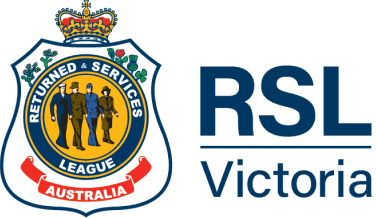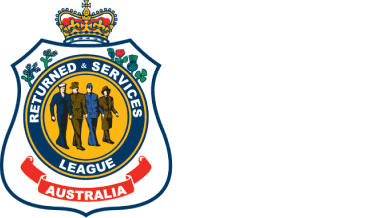Photography: Robert Blackburn
It was during the dramatic moments following the resuscitation of a premature baby last year when Fire Rescue Victoria (FRV) recruit, Stacey Greenwood, realised she was finally making a difference.
As a leading firefighter at Cranbourne in Melbourne’s south east, the 43-year-old had earned her spot as part of a team charged with responding to anything from fires and car accidents to medical incidents.
But it was the sudden birth which often replays in her mind.
"It was a crazy moment, trying to do CPR on a tiny little baby with a finger and then giving the paramedics a hand keeping the baby warm."
Stacey Greenwood
“That sort of stuck with me a lot. Probably because I realised I was doing exactly the kind of work I had always wanted to do.”
Earlier in her air force career, Stacey had been among the thousands of Australians dispatched to Malaysia as part of Australia’s emergency response to the Boxing Day Tsunami in 2005.
It was during an intense period working tirelessly as a cook, keeping Australian Defence Force (ADF) members fed and on their feet, that she felt a deeper motivation to do more.
She would eventually take on a role as a dog handler, training and working with attack dogs to protect air force assets. It was a role she cherished, but the ongoing drive to make a greater difference continued to gnaw at her. She would finally make the jump to a paid role as a firefighter with the CFA before a merger with FRV resulted in her dream gig.
Stacey is among an increasing number of former ADF personnel who have made the transition into vital roles as first responders.
Hannah Potger is an ADF member who balances two careers, serving as a uniformed Victoria police officer and an army reservist. She said that her various experiences as a reservist prepared her for a career on the beat.
“I think you learn skills that you can’t learn outside of the army,” she said of her Reserves engagement.
"The opportunities are endless and it’s a role that has taken me to almost every state in Australia."
Hannah Potger
Now stationed at Caroline Springs, she says her career as a police officer is showing all the signs of being just as fulfilling as her time with the ADF.
"Each day is different. You come to work, and you don’t know what you are going to get out on the road. You need to be mentally and physically prepared for anything you may encounter."
Hannah Potger
She is now looking forward to extending her experience in general duty policing and in the future may explore the possibility of working in a ballistics role within the major crime scene investigators.
“You have to have a tactical mindset when you are on a job that is dangerous in nature,” she said. “It’s one of the transferable skills and something I love about it.
“As a police officer you also have to be self-aware - just like any role in Defence. Policing can be unpredictable.”
The ADF is known for producing highly-skilled and disciplined individuals who are equipped to handle a variety of complex and challenging situations.
Over the years, many former ADF personnel have successfully transitioned into first responder roles in the police, fire, and ambulance services. The skills and experience gained while serving in the ADF, such as leadership, teamwork, problem-solving, and decision-making, are highly valued.
The transition from ADF to a first responder role is often made easier by the support provided by ex-service organizations, such as the RSL and the Defence Force Welfare Association, which helps connect former ADF members with potential employers and provide guidance on the application process.
Defence Force Welfare Association’s veteran ambassador, David Everitt, says veterans were “sovereign assets” known for their discipline and adaptability. However, just in the same way professional sports men and women became part of a robust system and often felt isolated beyond it - there is still work to be done.
“(They are) highly skilled, and the transition process into the civilian roles of first responders is, in theory, very practical and sustainable,” David said.
The Defence Force Transition Program offers individual assistance, while Flinders University’s Military Academic Pathway Program is among the strategies in place to ensure veterans have a solid foundation for a career beyond the barracks.
“With about 6000 veterans transitioning out of the ADF every year it has become an increasing area of focus,” David said.
“If you look at the drivers for the ADF it’s obviously to defend the nation - but it’s also creating responsible assets for the long-term future of the public.”
Stacey Greenwood said she was grateful for the opportunities she had been granted through the ADF, and while the mental and physical demands of her new role were challenging, she had never felt more fulfilled.
"A lot of the time you are dealing with people who are experiencing the worst day of their life and you can be by their side giving them a hand."
Stacey Greenwood
"We train hard and we are very proficient at what we do and are able to put that into practice.
“It feels more rewarding than anything I’ve ever done.”

